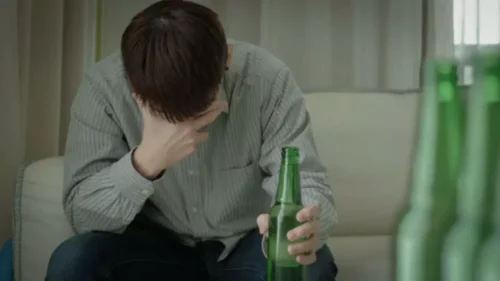
Talk to your doctor to decide which type of medication is best for you. Seek help from a mental health professional if you have anxiety. If you think you have a problem with alcohol, seek help from your doctor right away. Moderate drinking is not the same for all genders and age groups.
Persistent depressive disorder
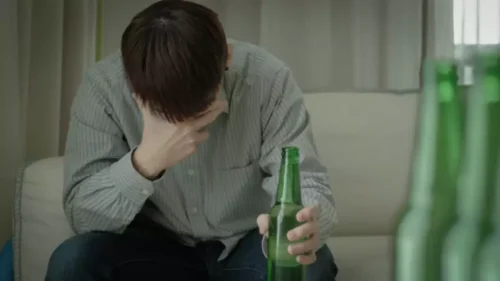
Namely, it interferes with the release of neurotransmitters linked to mood regulation, including serotonin and norepinephrine. Drinking activates the reward system in your brain and triggers dopamine release, https://ecosoberhouse.com/ so alcohol often seems to have a stimulating effect — at first. Read our review of the best online therapy options to find the right fit for you.
Alcohol and your mood: the highs and lows of drinking
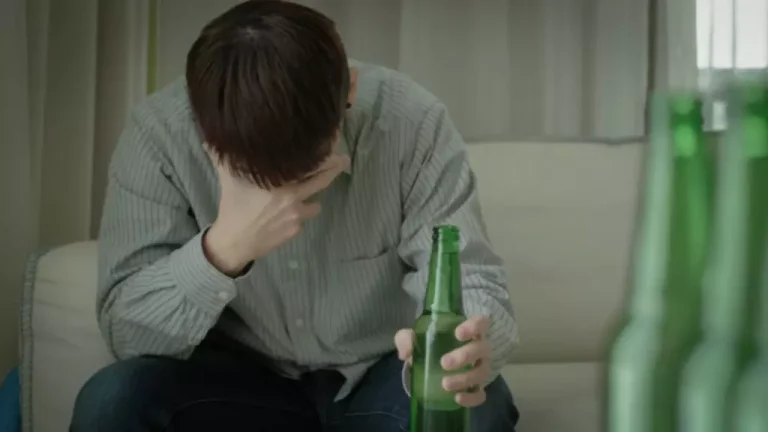
For some people, the loneliness might be because they no longer have the alcohol to push down their feelings or to act as a distraction. This can mean dealing with tough emotions, including loneliness. It’s common for people to turn to drinking as a way to cope with a range of negative feelings. If you’re feeling alone, drinking can seem like a way to make it through a hard day. If you or someone you know are struggling with depression symptoms, help is available. The supportive team at BestMind are here to guide you on your journey to well-being.
Mixing alcohol and antidepressants
- If you feel you need support to begin this new chapter of your life, talking with a therapist can be a great way to start.
- If not treated, alcohol use disorder can become a life-long struggle.
- It’s not always clear if depression makes you drink or vice versa.
- Major depression and alcohol use disorder are also co-dependent in women, research suggests.
- Here, we look at some of the ways that alcohol can change our mood and our behaviour, and how it does that.
- If you have alcohol dependence, it can be unsafe to suddenly stop drinking.
TMS is a newer procedure used when an individual’s depression symptoms have been resistant to more traditional forms of treatment. TMS uses magnetic pulses to stimulate parts of the brain to increase neurotransmitter production, similar to how medications are intended to act. This treatment approach is more direct than medications and can produce excellent results. These feelings may develop after a difficult life experience like losing one’s employment or a difficult breakup from a romantic relationship.
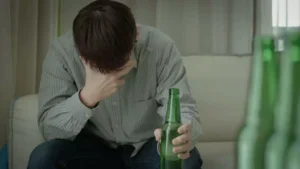
- It is highly recommended for those struggling with depressive symptoms and/or alcohol use disorder to begin each day with mindfulness exercises.
- Treatment approaches have improved significantly over the years for treating both depressive disorders as well as alcohol use disorders.
- If you already have depression, you might feel even worse, since alcohol can magnify the intensity of your emotions.
- Even if they don’t improve immediately, you’ll probably have an easier time doing something about them when you don’t have to deal with physical symptoms, too.
- Drinking excessive amounts of alcohol can also have noticeable physical and mental consequences.
Drinking can seem like an easy way to cope with difficult emotions in the moment, but it’s generally not effective in the long run. If you begin to notice any unwanted side effects — physical or emotional — while drinking, it may be best to call it a night. Having an extra drink or two once in a while doesn’t alcohol and depression automatically translate to heavy drinking. According to the National Institute on Alcohol Abuse and Alcoholism, moderate drinking means one drink per day for women and two drinks per day for men. If you already feel a little low, giving yourself a hard time for overdoing the alcohol probably won’t improve matters. Increased anger might lead you to pick a fight with a loved one, for example, while extreme sadness or self-loathing could lead to intense depression symptoms.
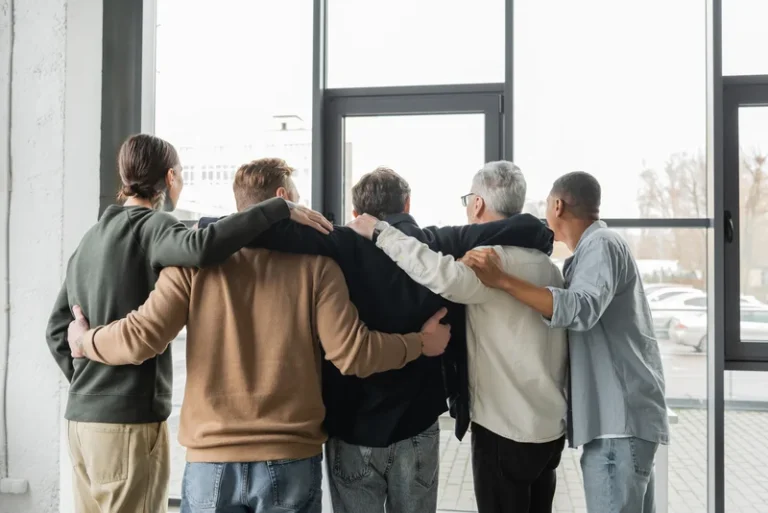
Follow us on social media
Alcohol can increase blood pressure and triglycerides, potentially contributing to the risk of heart disease and stroke. Alcohol can affect the part of your brain that controls judgment and inhibitions. This might make you feel more relaxed and confident, leading some people to engage in behaviors they might normally avoid. For someone with depression, this can exacerbate feelings of guilt, shame, and self-loathing.
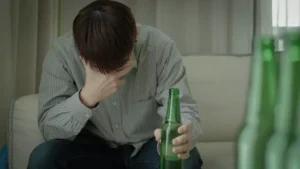
What causes depression and alcohol use disorder?
The only certain way to prevent depression after drinking is to avoid alcohol entirely. You can, however, take steps to lower your chances of emotional side effects when drinking. Bad sleep can easily affect your mood the next day, since exhaustion and lingering physical symptoms can make it tough to concentrate. You might feel depressed after drinking because alcohol itself is a depressant.

